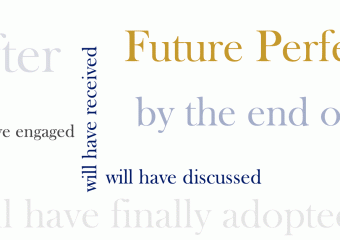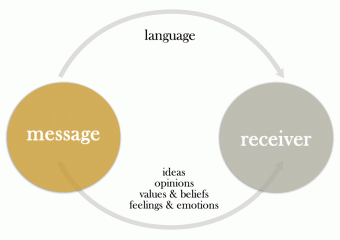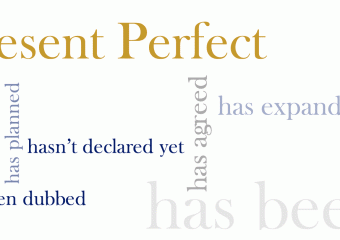Impressions matter and one way to make a good impression is being polite in business settings. Business environment is versatile and can turn from very formal to more informal in a single event. However, being more informal does not mean people have to forget the nature of the relationship. It is generally common for people to try being more friendly, yet they seldom intend the relationship to become more casual. It is important to follow social cues that define the level of formality and adjust accordingly, but it even more important to be considerate and communicate in a polite way.
Note: sometimes, using please can feel too imperative and even impolite.
The most common word as a sign of politeness in English is ‘please’. However, asking some to do something using a statement can feel imperative even with this word. Unless there is a closer and more friendly relationship between two people, using please is not a smart choice. Using questions, on the other hand, makes a request feel more polite. Less direct ways are more appropriate in business settings., especially when speaking to a superior or someone you have just met.
Asking questions about the present
1. Using could and would
The most common way to be polite in English is by using ‘could’ and ‘would’ in questions to inquire about something or to do something. While these words are used to create past tense as well as to talk about future possibilities, they can be used to make polite requests as well. Here are 5 examples of how ‘would’ and ‘could’ can be used to make requests:
2. Using would you mind
‘would you mind’ can be used to politely ask some to do something. It is also used to ask someone if they are okay with something. Be careful not to sound demanding with your tone of voice.
Keep in mind that tone can change the meaning of requests and turn them into sarcastic comments, criticisms, or even demanding answers or information. While you learn these structures, you need to practice voicing requests in an appropriate tone as well.
3. Using past tense
Another way to be polite is by using past tense to ask a question or make a request. This is a less direct way to ask someone a question.
Asking questions about the future
1. Using future progressive
Using future progressive instead of future simple is one way to ask about the future. It is less direct and more polite. You can use future progressive to ask for more information, for details, or clarification of processes and procedures. And you can use future simple to make polite requests.
2. Using would you mind for the future
The structure is similar to when the phrase is used to make a request or ask a question about the present. The difference can be understood when there is an adverb of time (in the afternoon, next week). The time can also be implied within the context or the sentence itself, in which case there are no time expressions.
Even though broken English and simple sentences can get you what you need, knowing how to communicate politely elevates the impression you make on others and increases their appreciation for your attention to your tone of communication. A simple rearrangement of words can make your English improve instantly, and become more impressive. People always notice efforts, no matter how small. And a little effort on being polite in business settings goes a long way.
Task
1. Think of 5 occasions where you have to ask someone do to something. Make requests using the structures above.
2. Think of 3 questions you may wish to ask someone you had just met in a conference. What would those questions be?
Assignment
Try using these structures to ask your colleagues for something and see if their attitude changes. Report back on how they respond as well as how you feel about their reactions.
Source/reference
– Cambridge Grammar for Business





